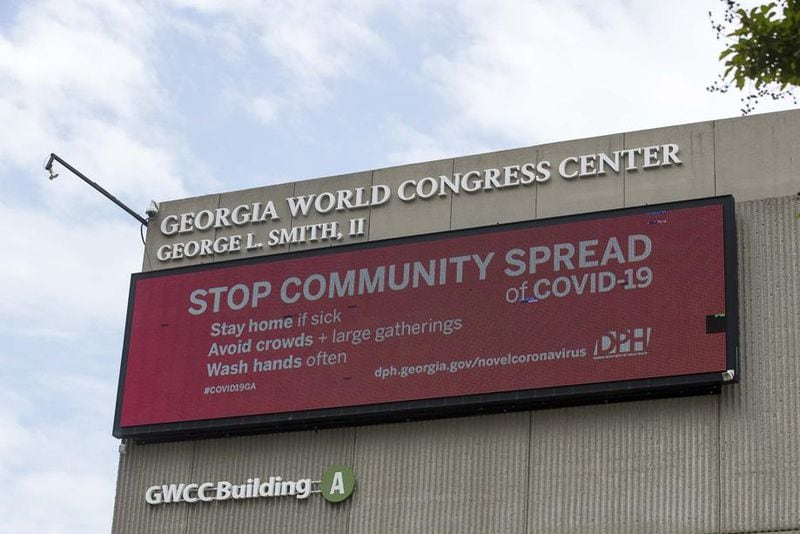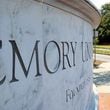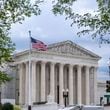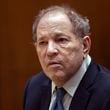Gov. Brian Kemp said Monday it’s too early to tell when he will start to lift coronavirus restrictions on economic activity, as health experts raised concerns about President Donald Trump’s hope to reopen the U.S. economy as early as next month.
At a press conference outside the state Capitol, the governor said his administration is intent on boosting the state’s test capacity and preparing for an expected surge in coronavirus patients because “we’re going to need that when we go back to work.”
“You’ve got to look at where some of these governors are and what their state has experienced versus what we’re looking at,” said Kemp, who said Georgia is “a little behind the curve” compared to some other states that have had a burst of cases earlier. “We need to focus on the mission at hand.”
Texas Gov. Greg Abbott has indicated this week he’ll discuss ways to jumpstart the economy as the pandemic subsides, and New York Gov. Andrew Cuomo talked of “geographically coordinated” measures with other regional leaders to allow more shuttered businesses to resume operations.
Public health experts have warned that reopening businesses too hastily would risk a rapid increase in cases of a disease that’s sickened more than 12,000 Georgians and killed more than 400. But as the pandemic’s financial toll mounts, Trump has talked of a “big bang” to turbocharge the economy.
Declaring the scarcity of testing “unacceptable,” Kemp said the head of the state public health department has expanded criteria for screening to include asymptomatic people who have had direct contact with coronavirus patients and workers in critical infrastructure.
“We need to be firing on all cylinders to prepare for the days and weeks ahead,” said Kemp, who reported “good signs” that social distancing measures are paying dividends.
“We’ve had a lot more problems with neighborhood block parties than we have at our beaches and state parks,” he added.
At midday Monday, Georgia ranked 45th out of the 50 states, the District of Columbia and Puerto Rico for tests per capita, according to an Atlanta Journal-Constitution analysis of national testing data compiled by the COVID Tracking Project.
Georgia ranked 45th a week earlier. Georgia has reported the 12th most confirmed deaths nationally, and the 11th highest amount of confirmed cases, the AJC analysis shows.
The governor revealed he signed an executive order Monday to suspend a little-known state law adopted nearly 70 years ago to combat the Ku Klux Klan to clear the way for more Georgians to wear protective masks to prevent the spread of the coronavirus.
State Sen. Nikema Williams, the head of the Democratic Party of Georgia, penned a letter last week urging the governor to suspend the 1951 law, which makes it illegal to wear a mask at most public events, because state officials "need to encourage Georgians to wear face coverings when out in public, not punish them for it."
And Atlanta Mayor Keisha Lance Bottoms ordered the city's police officers not to enforce the law after reading a report that two black men were forced out of a Walmart in Illinois because they wouldn't take off their surgical masks.
The pressure underscored concerns from elected officials who fear that racial bias will discourage African-Americans from wearing masks, even as the Centers for Disease Control and Prevention urges residents to cover their faces.
Credit: Alyssa Pointer/ALYSSA.POINTER@AJC.COM
Credit: Alyssa Pointer/ALYSSA.POINTER@AJC.COM
‘Flexibility’
Kemp also addressed his decision to encourage clergy leaders to practice social distancing rather than ban in-person, indoor religious services.
Almost all houses of worship complied with Kemp’s request on Easter Sunday, mindful that outbreaks in Albany and Cartersville, two of Georgia’s worst hotspots, have been linked to religious gatherings.
“Through online, drive-in or call-in services, it was a great reminder that even though we must be apart right now, we can still come together and worship,” he said. “I know that wasn’t easy. It wasn’t easy for our family and for many families across Georgia. But we are grateful.”
One of the only holdouts on Sunday was an African-American congregation in Statesboro where Georgia State Patrol officers last week issued reckless conduct citations to the pastor and four congregants who held worship services in close quarters despite several warnings.
A few dozen congregants were back on Sunday, and a live-stream of the service showed them huddled close to one another as the pastor, Eli Porter, told congregants they were "making a stand" for First Amendment rights.
A day after announcing a plan to convert a part of the sprawling Georgia World Congress Center into a 200-bed hospital, Adjutant General Tom Carden of the Georgia National Guard called it a "relief valve" that he prays the state won't need.
Georgia officials have scrambled to boost hospital capacity ahead of a surge in coronavirus cases that's projected to peak by early May, and Kemp said he hopes mobile hospital units in Albany, Gainesville, Macon and Rome will open within weeks.
“it gives us the flexibility we need ahead of the peak,” he said. “And as you can imagine in the aftermath of the severe storms we saw today, it’s a good example of why we need a facility like the one we’re standing up at the Georgia World Congress Center.”
About the Author








